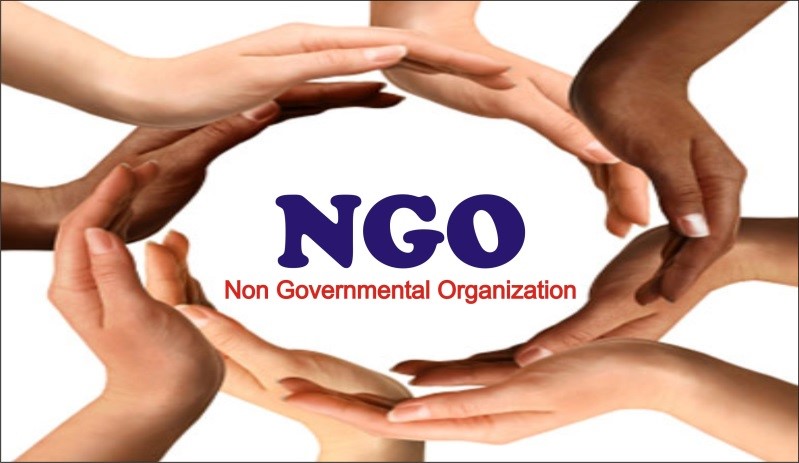Registering an NGO in Ghana

As a non-citizen, you can register various types of non-governmental organizations (NGOs) in Ghana, subject to the regulations and procedures established by the country’s authorities. NGOs play a vital role in addressing social, economic, and environmental challenges in Ghana. Here are some types of NGOs you can consider registering:
- International NGOs (INGOs): These are NGOs that operate globally or have a presence in multiple countries. They often focus on cross-border issues such as humanitarian aid, development projects, and advocacy.
- Community-Based Organizations (CBOs): CBOs work at the grass-roots level to address local community needs. They often focus on specific geographic areas and may work on issues like education, healthcare, women’s empowerment, and sustainable development.
- Advocacy and Human Rights NGOs: These NGOs work to promote human rights, social justice, and advocacy for marginalized and vulnerable populations. They might address issues such as gender equality, civil liberties, and social inclusion.
- Environmental NGOs: Environmental NGOs focus on conservation, environmental protection, sustainable development, and raising awareness about ecological challenges. They might work on issues like wildlife conservation, climate change, and natural resource management.
- Health and Medical NGOs: Health-focused NGOs address healthcare access, disease prevention, health education, and medical interventions. They might provide medical services, conduct health campaigns, or raise awareness about health issues.
- Educational NGOs: These NGOs work to improve education access and quality. They might focus on building schools, providing scholarships, teacher training, and promoting literacy.
- Youth and Sports NGOs: NGOs in this category engage with young people and promote their participation in various activities. They might focus on skills development, mentorship, leadership training, and sports programs.
- Social and Economic Development NGOs: These NGOs work on broader development issues such as poverty alleviation, livelihood improvement, economic empowerment, and community development projects.
- Arts and Culture NGOs: NGOs in this category might focus on promoting cultural heritage, arts education, creative industries, and preserving traditional knowledge.
- Religious and Faith-Based NGOs: These NGOs are affiliated with religious or faith-based organizations and might engage in social welfare, community development, and charitable activities.
- Research and Think Tank NGOs: Research-oriented NGOs focus on conducting studies, gathering data, and providing evidence-based recommendations to inform policy decisions.
- Disability and Special Needs NGOs: These NGOs work to support people with disabilities and special needs by advocating for their rights, providing services, and promoting inclusivity.
It’s important to thoroughly research the specific requirements and regulations for registering an NGO in Ghana as a non-citizen. The process can involve paperwork, documentation, and compliance with local laws. Consulting legal experts, local authorities, or relevant government agencies can provide you with accurate and up-to-date information on the registration process and the type of NGO that aligns with your goals and interests.

